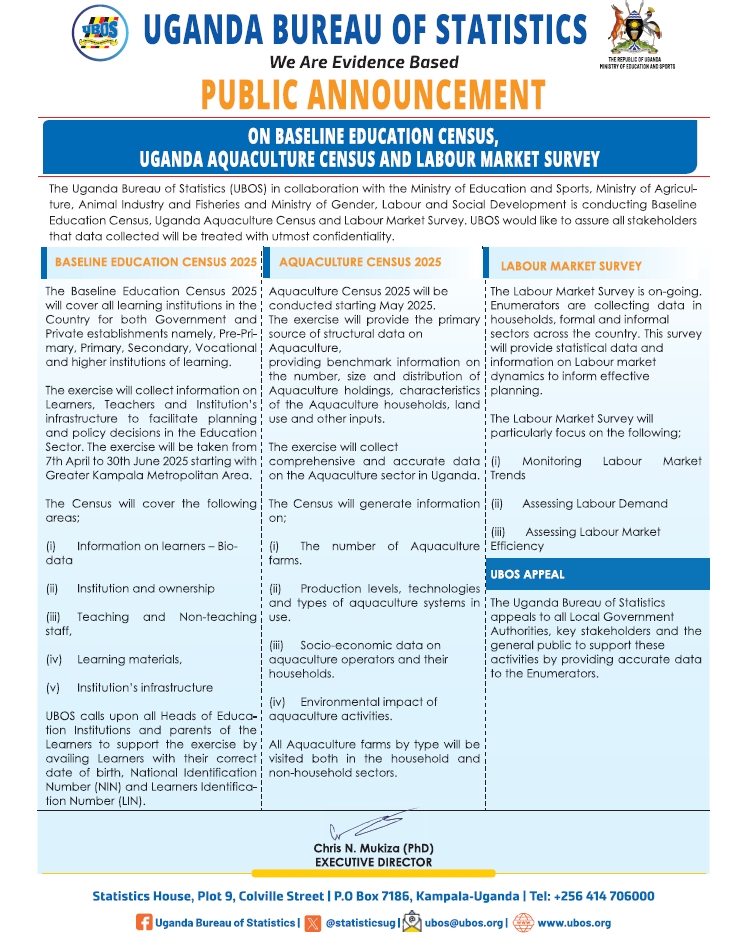Tanzania has drawn a firm line around its local economy declaring dozens of small and medium-sized businesses off-limits to foreigners in a sweeping move aimed at safeguarding Tanzanian jobs and boosting citizen-led enterprise.
In a July 25 directive signed by Industry and Trade Minister Selemani Saidi Jafo, the government announced that non-citizens will no longer be allowed to operate in a broad range of low-capital and service-based sectors that have traditionally been dominated by Tanzanians.
“The business of sale of goods on a wholesale and retail basis, excluding supermarkets, specialised product outlets, and wholesale centres for local producers,” is now strictly reserved for citizens, Minister Jafo stated.

Other prohibited activities include:
Mobile money services
Phone and electronics repair
Salon and personal grooming businesses (unless in hotels or for tourism)
Home and office cleaning
Tour guiding and curio shops
Small-scale mining
Parcel and local postal delivery
Ownership or operation of radio/TV stations
Brokerage, agency, and real estate services
Operation of gambling machines outside casinos
On-farm crop purchasing
Clearing and forwarding services
Micro and small industry operations
The new rules send a clear signal to small-scale foreign entrepreneurs: Tanzania is prioritising local participation over open competition in sectors where its citizens already have a strong foothold.
While the directive did not specify whether foreigners currently operating in the affected trades would be granted a transition period, its tone suggests the policy is effective immediately.

This may force thousands of informal or small foreign-owned ventures to either exit the market or shift toward sectors still open to international players — primarily high-capital, high-tech, or export-focused industries.
Tanzania’s decision mirrors growing protectionist shifts across East Africa.
In Uganda, foreign nationals must invest a minimum of $250,000 to start a business effectively barring them from informal trade and low-capital retail.
Rwanda also enforces a citizen-reserved list, covering areas such as retail, transport, and local services, with stringent legal backing.
Such policies aim to defend local entrepreneurs from being squeezed out by foreign competitors particularly in vulnerable, low-margin sectors where capital thresholds are low but competition is fierce.
While the Tanzanian government frames the directive as a move to empower citizens economically, it may also raise questions from foreign investors and regional trade advocates about compliance with international business agreements and the fate of foreign nationals already operating within these spaces.


